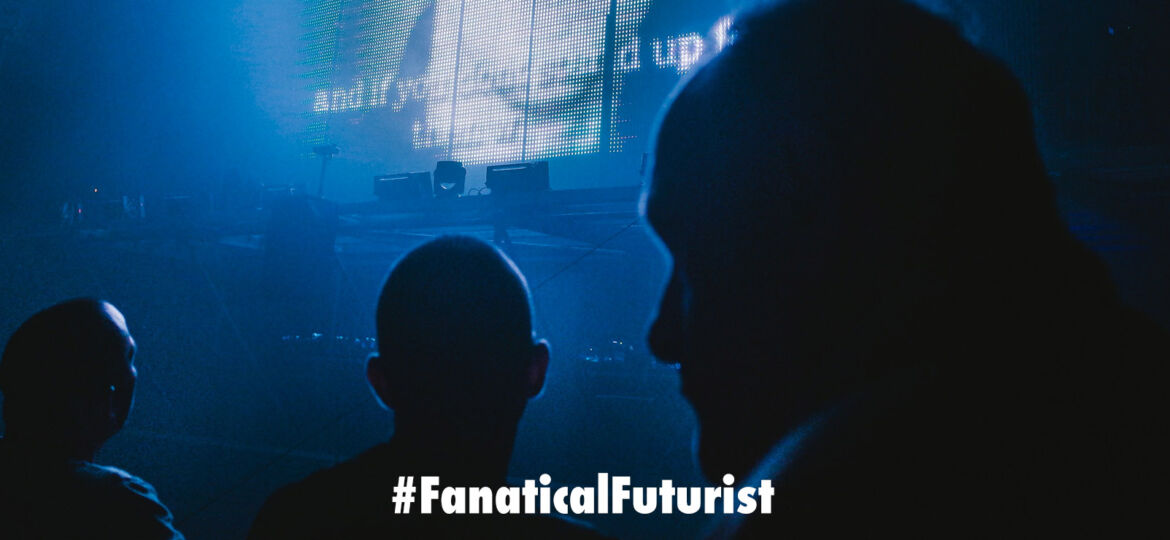
WHY THIS MATTERS IN BRIEF
When it comes to security and surveillance governments hold all the cards, Edward Snowden wants to change that.
In today’s world digital security is just as important as physical security to those who find themselves constantly online in hostile countries or environments, and while it might look like governments have all the cool surveillance toys, and there are lots of cool toys, there are an increasing number of people that are trying to turn the tables on them, and Edward Snowden, famed, or infamous NSA informant depending on your point of view is one of those people.
Today there are plenty of individuals labelled as rogue actors, such as political activists and journalists, and individuals given the dangerous tasks of unmasking serous organised crime, corruption, trafficking and more, all of whom risk their personal safety and security every time they log onto the internet. As a result Snowden and his loose team of helpers have developed an open source smartphone app called Haven that turns a users phone into a state of the art surveillance system.
“We are announcing Haven, as an open- source project, along a public beta release of the app,” says his website.
“We are looking for contributors who understand that physical security is as important as digital, and who have an understanding and compassion for the kind of threats faced by the users and communities we want to support. We also think it is really cool, cutting edge, and making use of encrypted messaging and onion routing in whole new ways. We believe Haven points the way to a more sophisticated approach to securing communication within networks of things and home automation [connected home] systems,” it adds.
The app uses the smartphone’s microphone, camera, and occasionally accelerometers to monitor its surrounding environment for sound and movement and it can even use the phones light sensor to send an alert if the room has an unexpected loss of light, such as a shadow passing over it. And by combining all of these capabilities together all of a sudden individuals “at risk” have their own portable security and surveillance product.
“Imagine if you had a guard dog you could take with you to any hotel room and leave it in your room when you’re not there. And it’s actually smart, and it witnesses everything that happens and creates a record of it,” said Snowden in an interview with Wired.
Snowden partnered with a technologist at The Intercept and a board member of the Freedom of the Press Foundation Micah Lee to create it and together they gathered a team of developers and partnered with the non-profit Guardian Project to build a software that would counter constant surveillance – whether it’s from state sponsored actors or other nefarious individuals.
“We thought, is there a way we can use a smartphone as a security device?” says Nathan Freitas, the director of the Guardian Project, in the interview with Wired. “Can you take all the surveillance technologies in smartphones and flip them on their head, to keep watch on all the things you care about when you’re not there?”
Snowden himself stopped carrying a mobile in 2013. However, he’s recently spent his time breaking apart smart technology and seeing how he can make them more secure.
“I haven’t carried a phone with me for years but I can increasingly use phones,” he said. Last year he partnered with a hardware hacker on a project called the Introspection Engine that worked as a smartphone case that monitored an iPhone’s outputs and notified its user when the phone was sending unexpected signals through its antenna, for example, to report something back to someone who was using it to snoop on someone, or something.
Admittedly, Haven’s most notable users thus far have been journalists and political activists in high risk countries but Snowden says that anyone should have peace of mind that they and their information are secure.
“You shouldn’t have to be saving the world to benefit from Haven,” he added. And he has a point so it’ll be interesting to see how it develops, and just how many of us think having a guard dog in our own pockets is a good idea.
















